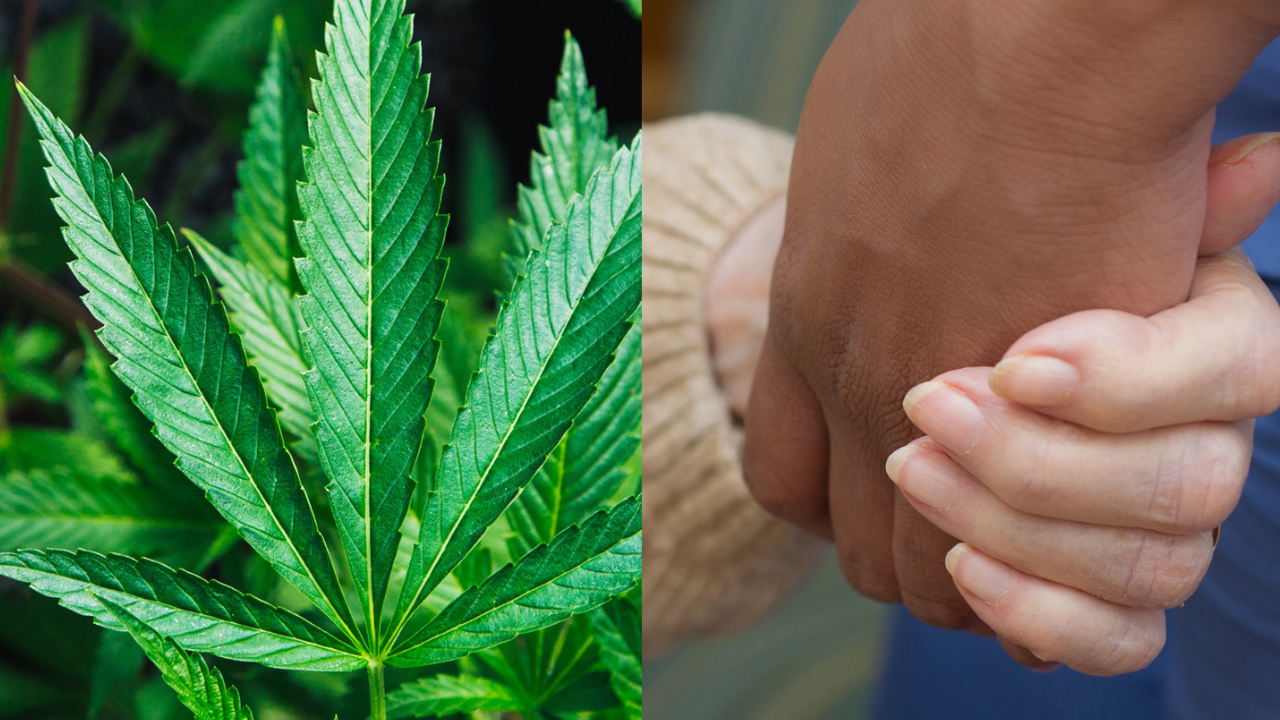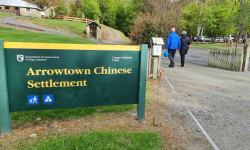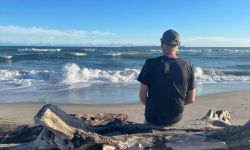
One of Charles Hewlett’s responsibilities as national leader is to represent Baptist churches within the National Church Leaders Aotearoa New Zealand consortium. He shares below statements that the consortium recently prepared about the referenda to be held at the 2020 general election.
At the recent gathering of the National Church Leaders Aotearoa New Zealand consortium, we worked together on statements urging the people of New Zealand to vote cautiously in the upcoming referenda.
This is because both decisions carry the risk of inflicting serious long-term damage on our society, endangering vulnerable people, and making our country less safe for everyone. The national leaders of most New Zealand church denominations signed the two statements. I have included them here.
Having the ability to vote is an enormous privilege. May God give you wisdom as we head towards election day on 17th October 2020 and you consider the choices that are before us as a nation.
1. The Cannabis Legalisation and Control Bill
We support the recent new provision in law (2019) for cannabis-based medicine to be available on prescription.
We also support the general move towards decriminalising cannabis users, and instead concentrating on a non-punitive health-based approach of helping those being harmed by cannabis use and addiction. We note that police are generally no longer prosecuting recreational cannabis use (and we want them to apply that discretion without any bias).
However we do not support the legalisation of recreational cannabis use, as proposed in the Cannabis Legalisation and Control Bill. We believe legalisation would help normalise cannabis use and increase its use (as has happened overseas). Cannabis use remains addictive and dangerous for some people, especially those under 25, and can induce psychosis, depression, loss of cognitive function, lung (and other) diseases, suicidal tendencies, and foetal harm.
Legalisation, and the rise of a cannabis industry with a network of retail shops in many communities, would undermine societal messages about reducing drug use (and also undermine the campaigns against tobacco smoking, and about driving under the influence of drugs).
The evidence from overseas is that legalisation would not end the black market in cannabis. In Canada, over 70% of cannabis is still purchased on the black market. Illegal dealers including gangs would continue to sell cannabis (at lower prices, with unsafe levels of THC, and also to those under the age of 20).
We are concerned that legalising and normalising cannabis use will increase domestic violence, cannabis-related road deaths, workplace accidents, and educational failure. We are also worried that society’s socio-economically disadvantaged groups are likely to suffer most from the increased availability and use of cannabis.
We suggest that voting ‘No’ to the Cannabis Legalisation and Control Bill carries significantly fewer risks of long-term damage to New Zealand society than a ‘Yes’ vote.
We also suggest that a ‘No’ vote still leaves space for New Zealand to further decriminalise cannabis law in relation to users, while retaining penalties only in relation to producers and dealers. At the same time it could strengthen a health‑based approach towards those affected by drugs, while continuing to warn society about the risks of all drug use.
2. The End of Life Choice Act
As church leaders, we are very familiar with people being terminally ill and dying, and we have great empathy for the sorrow and anxiety they often go through.
We understand the reasons why euthanasia appeals to some people, as a way of alleviating individual suffering in the context of very serious illness.
However we do not support the End of Life Choice Act. We believe it would be an unethical and dangerous step for New Zealand society to allow doctors or nurse practitioners to actively end someone’s life or to assist them to commit suicide. We believe that is a line New Zealand should not cross.
We are confident that with good palliative care most people die with pain well controlled, and very often peacefully.
We believe that the End of Life Choice Act is too loosely framed, is more liberal than euthanasia laws in most other countries, and that it lacks enough effective safeguards, particularly against coercion: there is no ‘last resort’ clause, no requirement to see a palliative care specialist, no mandatory requirement for psychological assessment, no mandatory cooling-off period, no requirement to consult or tell family, no independent witness, and no adequate protection for doctors who object to euthanasia on spiritual or ethical grounds.
We note that overseas provision for euthanasia has almost always been widened to include other conditions, and those under 18, and has also been associated with an increasing incidence of involuntary euthanasia. We believe that those who will ultimately suffer most from euthanasia are society’s most vulnerable: the aged and frail, the poor, cultural minorities, and disabled people.
We respectfully encourage New Zealanders to help keep our society safer for those who are very vulnerable, and to vote against the End of Life Choice Act.
Contributor: Charles Hewlett
Charles is the national leader of the Baptist Churches of New Zealand. He is often heard saying, “I love Jesus. I love the Bible. I love the gospel. I love the church. And I love mission.”
Follow Charles Hewlett on Facebook: charles.hewlett.nz | Instagram: charles.hewlett


